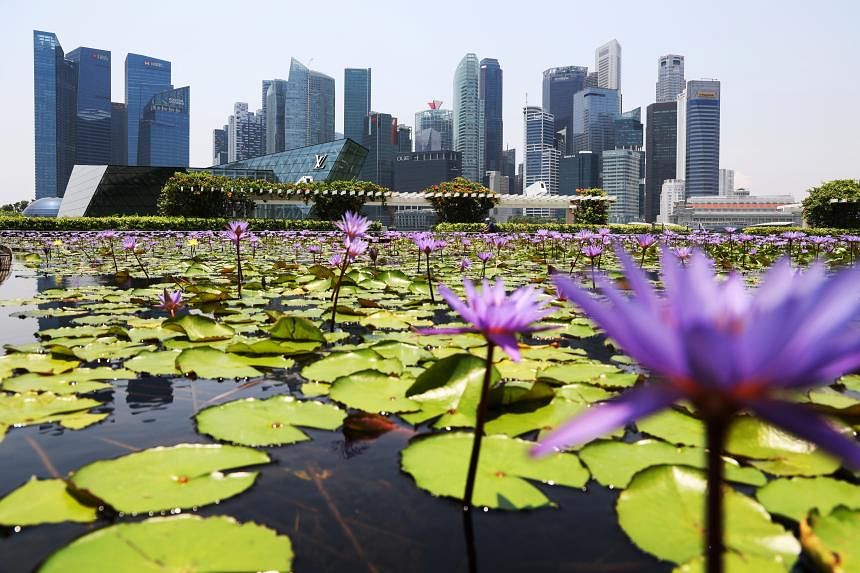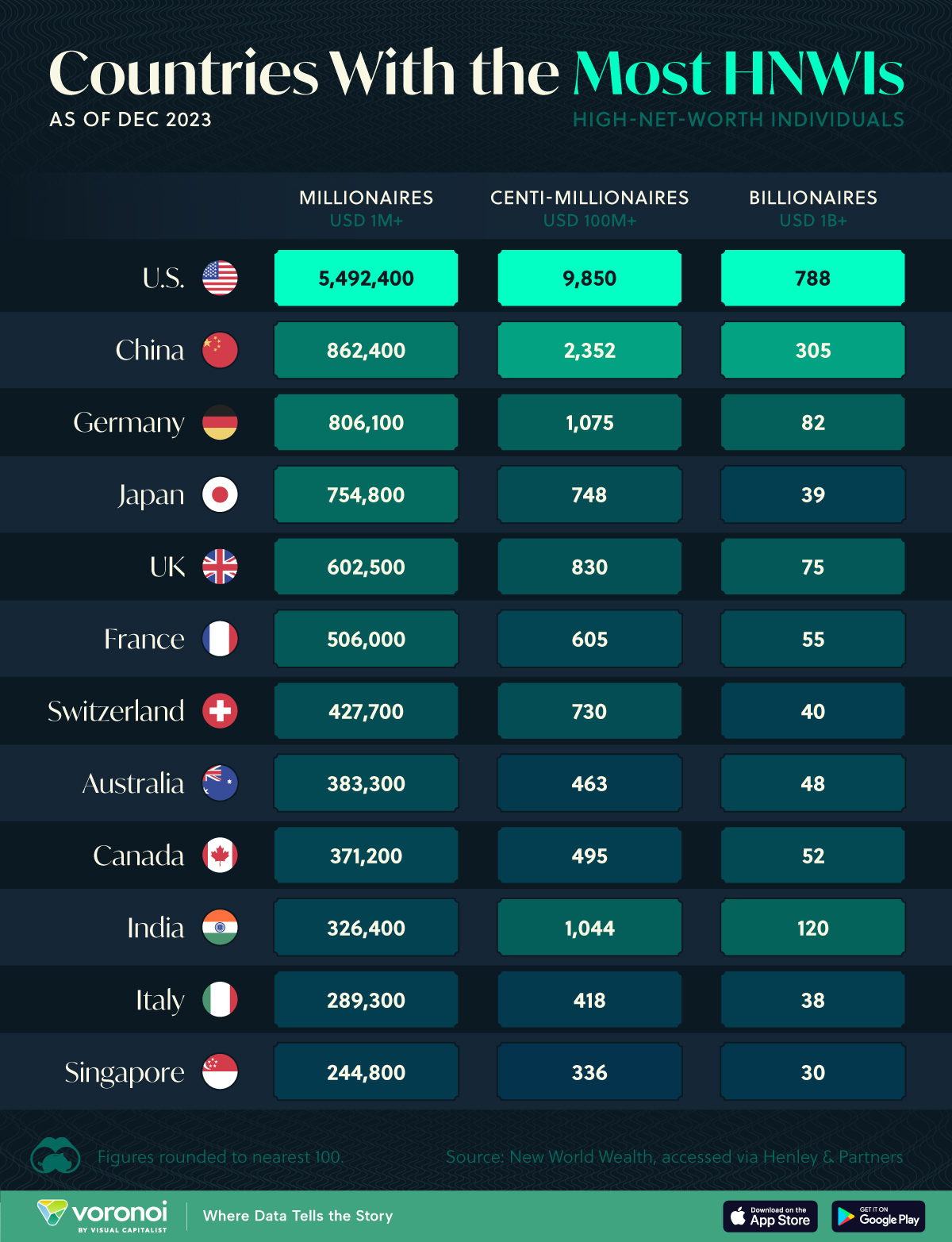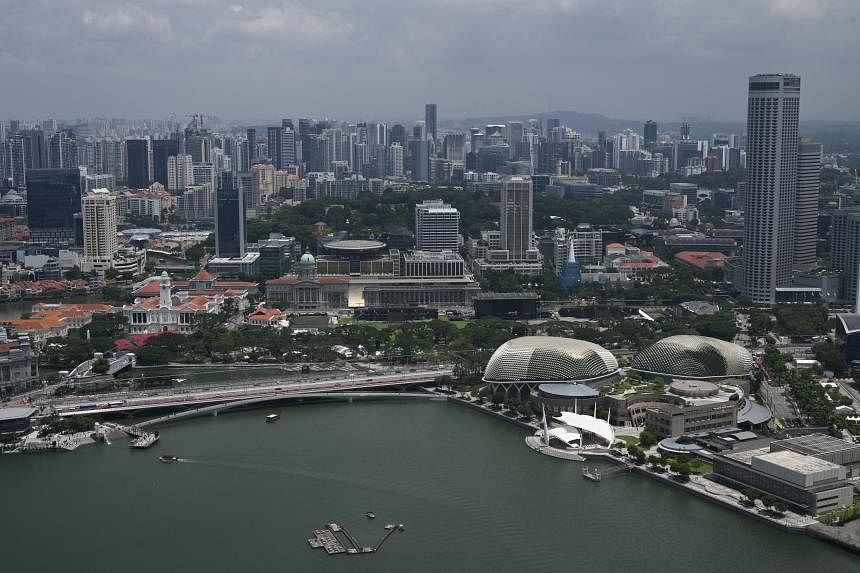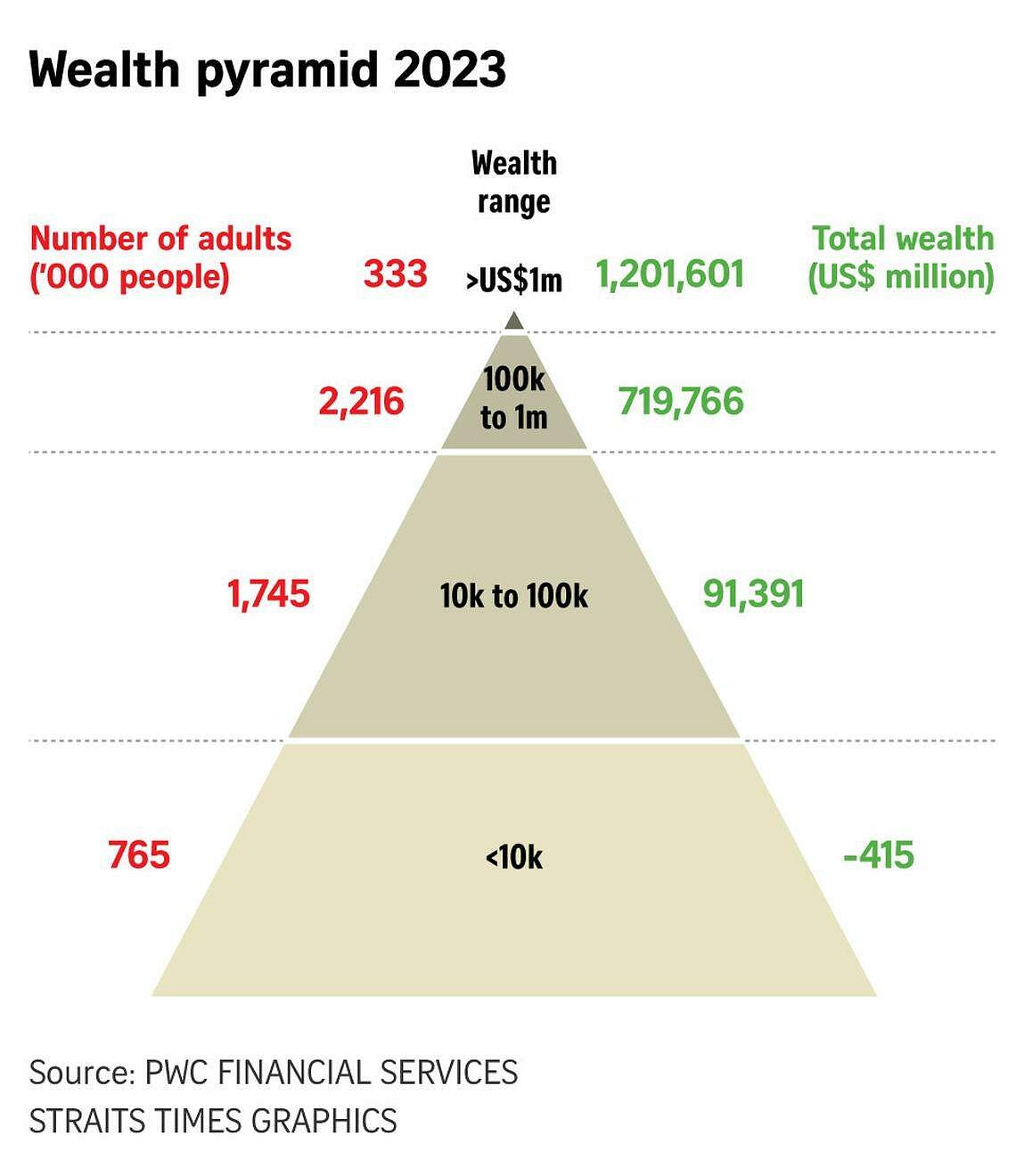Number of millionaires in S’pore rose to more than 333,000 in 2023; global tally shrank: UBS report
Singapore’s millionaires had a combined net worth of US$1.2 trillion in 2023. ST PHOTO: SHINTARO TAY
Chor Khieng Yuit
Senior Business Correspondent
Jul 11, 2024
SINGAPORE – The number of millionaires in Singapore rose to 333,204 in 2023. This was about 0.4 per cent more than the figure of 332,000 in 2022.
Conversely, the worldwide tally shrank to 58 million in 2023, from 59.4 million in 2022.
Millionaires – referring to those with a net worth of US$1 million and above – made up 1.5 per cent of the world’s population in 2023.
Despite forming such a small percentage, the world’s millionaires owned nearly half of global household wealth. Their total wealth came in at just under US$214 trillion (S$288.8 trillion), said UBS in the 15th edition of its Global Wealth Report, released on July 10.
The Swiss bank studied 56 markets in the Asia-Pacific, including Singapore; the Americas; and the Europe, Middle East and Africa regions for this year’s report.
These markets collectively represented over 92 per cent of the world’s wealth in 2022.
The US dollar was used in this study to make it easy to compare different economies.
The study found that the United States had the largest number of millionaires at nearly 22 million, making up 38 per cent of the world’s millionaires.
Mainland China was in second place with just over six million (10 per cent), and Britain was third with slightly over three million millionaires (5 per cent).
Singapore placed 22nd in 2023, with its 333,204 millionaires forming 0.6 per cent of the world’s millionaires.
The Republic was behind India (in 14th spot), which had nearly 870,000 millionaires and Hong Kong (16th), with around 630,000 millionaires.
Singapore’s millionaires had a combined net worth – the difference between their total assets and their total liabilities – of US$1.2 trillion in 2023.
Assets include financial ones, such as cash and equities, and non-financial assets, such as residential property, while liabilities include mortgage loans, car loans and credit card debts.
The millionaire population made up 6.6 per cent of the total number of adults here.
In 2023, total household wealth in Singapore rose 5.6 per cent from 2022 to just over US$2 trillion.
In comparison, global household wealth grew 4.2 per cent in 2023, following a 3 per cent contraction in the previous year.
The average wealth per Singapore adult came in at US$397,708, putting the Republic in eighth spot, behind Hong Kong in third, and the US in fourth place. Switzerland maintained the first position.
The median wealth per Singapore adult – this looks at the middle number in the whole database – was lower, at US$104,959.
When average wealth is higher than median wealth per adult, like in Singapore, it indicates that most of the rise in wealth has benefited the upper income brackets, UBS said in its report.
It added that since the global financial crisis in 2008, average wealth has risen by over 116 per cent in Singapore dollar terms, while median wealth has fallen 1.8 per cent.
This divergence, UBS said, indicates that the higher wealth brackets have done well since 2008, while those in lower wealth brackets have “essentially stagnated” over the same period.
The wealth pyramid in Singapore showed that there were 765,000 people (15 per cent of the adult population) at the bottom of the hierarchy with negative net worth of US$415 million. This means they had more debt, such as a mortgage for a home, than assets.
At the same time, the share of debt in Singapore was below 14 per cent in 2023, slightly above the average for the Asia-Pacific region at 12.9 per cent, and above Hong Kong’s 9.6 per cent, UBS said in response to a query from The Straits Times.
Mr Samuel Adams, an economist at UBS Global Wealth Management, said it is not necessarily a concern if debt levels rise.
He added that as economies become wealthier, people may be willing to take on more debt. “At the end of the day, it depends on what this debt is used for. Are they using it for productive purposes?”
Looking five years ahead, the Swiss bank expects the number of millionaires in Singapore to grow by 13 per cent to 375,725 in 2028.
This puts Singapore ahead of mainland China, where the number is expected to grow by 8 per cent. However, the Republic’s millionaire growth rate is behind India’s (22 per cent growth), Hong Kong’s (17 per cent) and Japan’s (28 per cent).





















